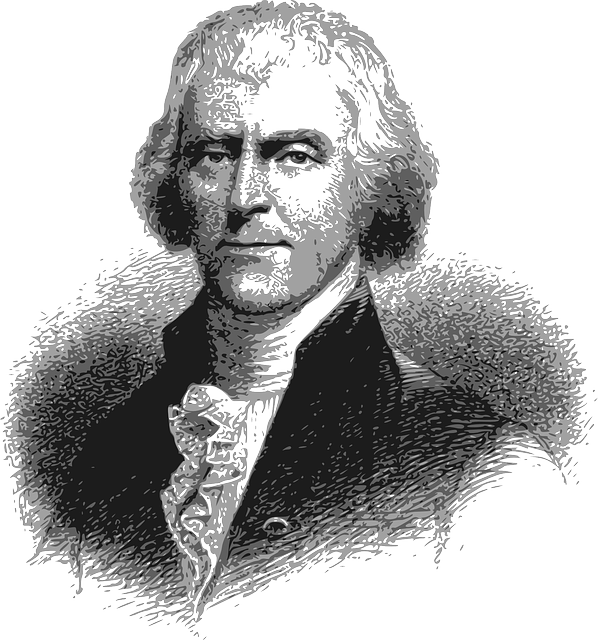Thomas Jefferson, born on April 13, 1743, in Shadwell, Virginia, was a pivotal figure in American history, renowned for his multifaceted contributions as a statesman, scholar, architect, and inventor. As the third President of the United States, serving from 1801 to 1809, Jefferson’s influence extended far beyond his political career, embodying the ideals of a Renaissance man with his diverse talents and intellectual pursuits.
Jefferson was a central figure in the American Enlightenment, advocating for democracy, religious freedom, and individual rights. He is perhaps best known as the principal author of the Declaration of Independence, a document that articulated the colonies’ desire for self-governance and espoused ideals of liberty and equality. His strong belief in the power of education led to the founding of the University of Virginia, reflecting his vision for an enlightened and informed citizenry.
In addition to his political achievements, Jefferson was an accomplished architect, designing his iconic home, Monticello, and the Virginia State Capitol, integrating classical architectural principles with innovative designs. His expertise extended to agriculture and horticulture, where he experimented with various crops and advocated for sustainable farming practices.
Jefferson’s intellectual curiosity knew no bounds; he was an avid reader, amassing an extensive library that later formed the basis of the Library of Congress. His interests spanned natural sciences, philosophy, and music, demonstrating his commitment to lifelong learning and exploration.
His transformative power lay in his ability to synthesize knowledge from various disciplines and apply it to the betterment of society. Jefferson’s legacy as a Renaissance man is evident in his enduring contributions to American culture, government, and education. His dedication to the principles of liberty and his pursuit of knowledge continue to inspire generations, embodying the spirit of innovation and progress.

